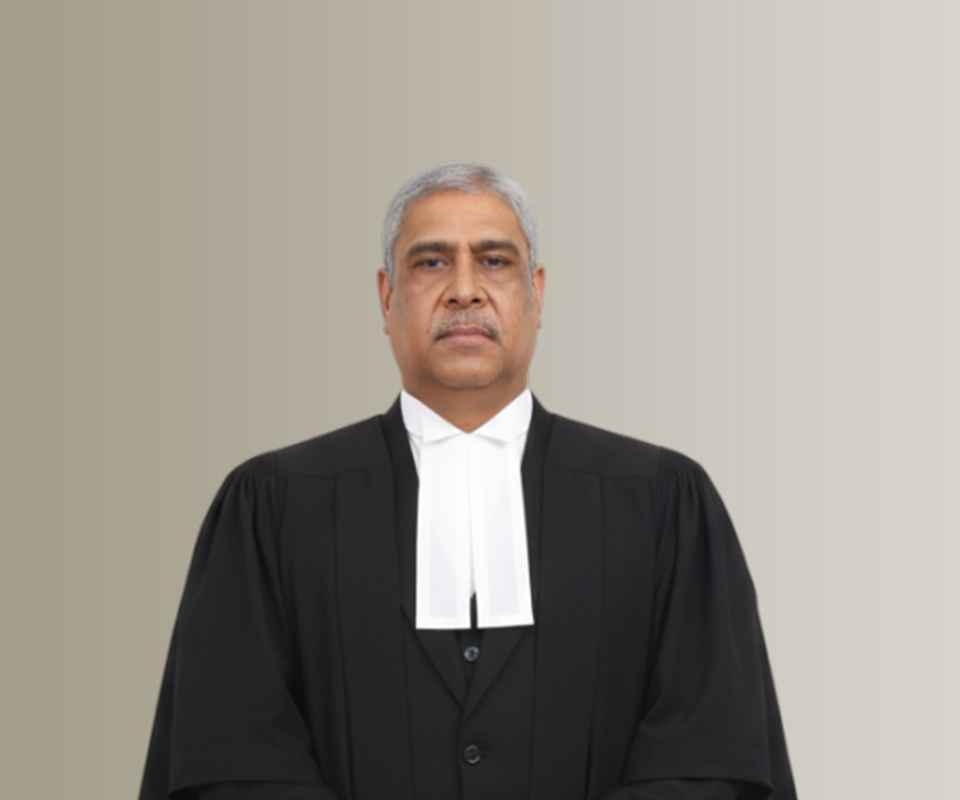Answer By law4u team
Constitution Of India Article 131: Original Jurisdiction of the Supreme Court
Subject to the provisions of this Constitution, the Supreme Court shall, to the exclusion of any other court, have original jurisdiction in any dispute— (a) between the Government of India and one or more States; or (b) between the Government of India and any State or States on one side and one or more other States on the other; or (c) between two or more States, if and in so far as the dispute involves any question (whether of law or fact) on which the existence or extent of a legal right depends:
{1}Provided that the said jurisdiction shall not extend to a dispute arising out of any treaty, agreement, covenant, engagement, sanad or other similar instrument which, having been entered into or executed before the commencement of this Constitution, continues in operation after such commencement, or which provides that the said jurisdiction shall not extend to such a dispute.
{2}[131A. Exclusive jurisdiction of the Supreme Court in regard to questions as to constitutional validity of Central laws.].—Omitted by the Constitution (Forty-third Amendment) Act, 1977, s. 4 (w.e.f. 13-4-1978).
NOTE
1. Subs. by the Constitution (Seventh Amendment) Act, 1956, s. 5, for the proviso (w.e.f. 1-11-1956). 2. Ins. by the Constitution (Forty-second Amendment) Act, 1976, s. 23 (w.e.f. 1-2-1977).
Brief Detail
Article 131 grants the Supreme Court original jurisdiction in disputes between the Government of India and States, or among States, related to any legal rights. However, the jurisdiction does not extend to disputes arising from treaties, agreements, or similar instruments that existed before the Constitution's commencement and remain operational thereafter.
Question & Answers
What types of disputes fall under the original jurisdiction of the Supreme Court?
The Supreme Court has original jurisdiction in disputes involving: - The Government of India and one or more States. - The Government of India and any State(s) versus other States. - Disputes between two or more States related to the existence or extent of legal rights.
Are there any exceptions to the Supreme Court’s original jurisdiction?
Yes, the jurisdiction does not extend to disputes arising from treaties, agreements, or similar instruments made before the Constitution’s commencement, provided they continue to be in operation or state that the jurisdiction does not apply.
Example
For instance, if there is a dispute between the Government of India and a State over the allocation of resources, the matter will be adjudicated by the Supreme Court under its original jurisdiction.
Summary
Article 131 outlines the original jurisdiction of the Supreme Court in resolving disputes between the Government of India and States, or among States. It also specifies exceptions regarding disputes arising from pre-existing treaties or agreements.







